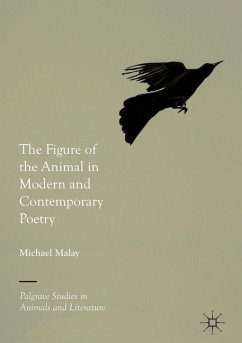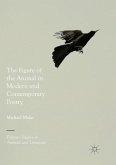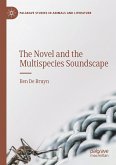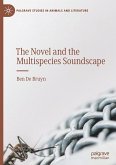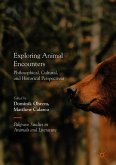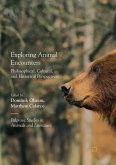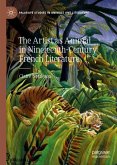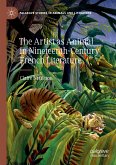This book argues that there are deep connections between 'poetic' thinking and the sensitive recognition of creaturely others. It explores this proposition in relation to four poets: Marianne Moore, Elizabeth Bishop, Ted Hughes, and Les Murray. Through a series of close readings, and by paying close attention to issues of sound, rhythm, simile, metaphor, and image, it explores how poetry cultivates a special openness towards animal others.
The thinking behind this book is inspired by J. M. Coetzee's The Lives of Animals. In particular, it takes up that book's suggestion that poetry invites us to relate to animals in an open-ended and sympathetic manner. Poets, according to Elizabeth Costello, the book's protagonist, 'return the living, electric being to language', and, doing so, compel us to open our hearts towards animals and the claims they make upon us. There are special affinities, for her, between the music of poetry and the recognition of others.
But what might it mean to say that poets to return life to language? And why might this have any bearing on our relationship with animals? Beyond offering many suggestive starting points, Elizabeth Costello says very little about the nature of poetry's special relationship with the animal; one aim of this study, then, is to ask of what this relationship consists, not least by examining the various ways poets have bodied forth animals in language.
The thinking behind this book is inspired by J. M. Coetzee's The Lives of Animals. In particular, it takes up that book's suggestion that poetry invites us to relate to animals in an open-ended and sympathetic manner. Poets, according to Elizabeth Costello, the book's protagonist, 'return the living, electric being to language', and, doing so, compel us to open our hearts towards animals and the claims they make upon us. There are special affinities, for her, between the music of poetry and the recognition of others.
But what might it mean to say that poets to return life to language? And why might this have any bearing on our relationship with animals? Beyond offering many suggestive starting points, Elizabeth Costello says very little about the nature of poetry's special relationship with the animal; one aim of this study, then, is to ask of what this relationship consists, not least by examining the various ways poets have bodied forth animals in language.
"Malay's use of metaphor and simile is often a subtle and intelligent response to the challenge of maintaining loyalty to poetics, of not reducing it to 'two-mindedness', or worse. These scrupulous close readings sit alongside a wide range of references-from Henry David Thoreau to Max Weber-that draw them into a wider debate." (Danny O'Connor, The Review of English Studies, May 29, 2019)

